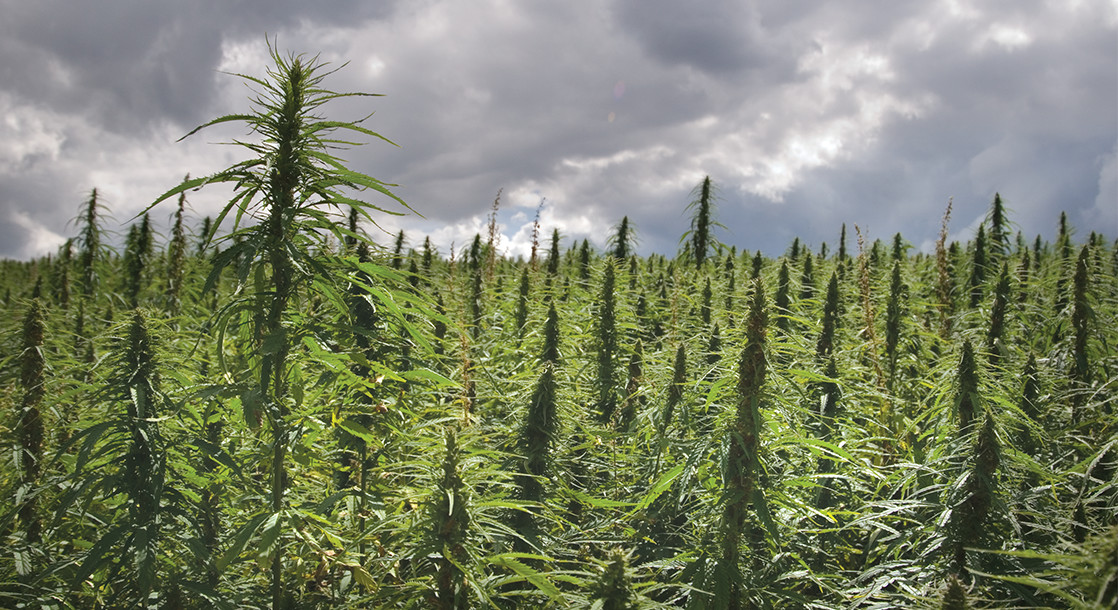While everyone has been buzzing about widespread cannabis legalization across the U.S., the CBD market has also seen substantial growth over the past few years. According to a 2016 market estimate by Vote Hemp and the Hemp Business Journal, this medicinally driven industry reached an estimated value of $130 million.
At the moment, there are somewhere between 50 to 100 different hemp-based cannabidiol brands, as well as hundreds of growers that are strictly focused on cultivating non-psychoactive hemp plants. This unprecedented spike can be partially attributed to the increasing access that businesses have to wholesale CBD extracts. A practice known as “white labeling” allows producers to sell their oils and tinctures without branding, enabling companies to simply slap their own sticker on the packaging.
Although it might seem like the growing number of companies could potentially saturate this relatively new industry, reported annual profits state otherwise. For example, in 2014, the renowned CBD company HempMeds brought in $14 million in sales. Even newcomers such as Elixinol, saw its sales double from $2 million to nearly $4 million between 2015 and 2016.
Many of these CBD companies are based in America, but federal illegality has caused many to import their hemp from European and Canadian cultivators. There’s no denying that the market has grown tremendously over the years, but many businesses are still facing logistical issues, particularly when it comes to credit card transactions and the lingering stigma that still surrounds the plant.
“Because of the space we’re in, we’re considered high-risk accounts, so we’ve had a number of our credit card processors be shut down because of selling hemp products. And it’s not just us. It goes in waves, where one particular company will shut down all of the accounts,” says Quinatzin De La Torre, the president of Bluebird Botanicals.
Restrictions on cannabis-based research have also been an obstacle for CBD companies. Due to this, most of the reported health benefits of hemp-based CBD remain anecdotal, and therefore cannot be advertised without more solid scientific evidence. However, these businesses believe that human-based clinical trials will soon provide another boost to this already fertile market.
Even though many CBD companies have had to resort to the international hemp market in the past, a federal law from 2014 that allows individual states to permit hemp production is starting to have an impact throughout the country. A number of companies have shifted their business from Canada and Europe to states like Colorado and Kentucky, helping local economies and patients in need simultaneously. All in all, the rising hemp market has led to a renaissance for CBD-based oils and tinctures, ultimately proving that cannabis provides immense value, even without the THC high.











